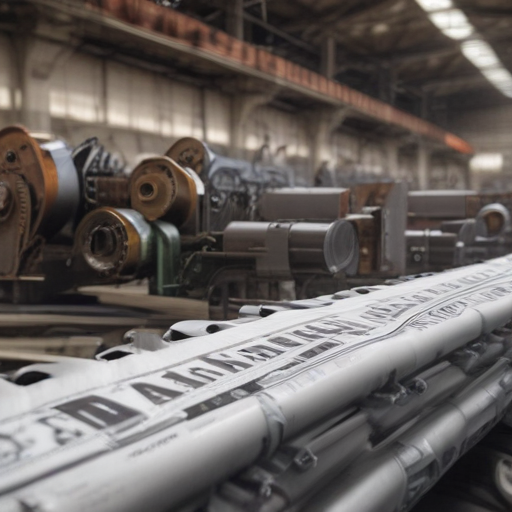During a recent address at the World Economic Forum in Davos, President Donald Trump urged global business leaders to manufacture their products in the United States, promising among the lowest tax rates in the world as an incentive. He also warned that those who choose not to do so would face tariffs, which could redirect potentially hundreds of billions to trillions of dollars into the U.S. treasury to bolster the economy and reduce the national debt.
Trump’s message highlighted a clear “carrot-and-stick” approach aimed at attracting foreign investment. He emphasized this strategy as a way to create jobs and foster economic growth domestically. He noted that economic confidence in America is at its highest in decades, reflecting a favorable climate for business operations.
In his remarks, Trump revealed his discussions with Saudi Arabia’s Crown Prince Mohammed bin Salman, who is interested in investing $600 billion in the U.S., with Trump suggesting he would request an increase to $1 trillion. This indicates a proactive approach to foreign investment that could further enhance U.S. economic strength.
Trump also addressed the ongoing Russia-Ukraine conflict, expressing a desire to meet with President Vladimir Putin to discuss potential resolutions. He pointed to OPEC+ as contributing to higher oil prices, which he claims have implications for the war effort.
His appearance at Davos drew significant attention, with a diverse audience consisting of diplomats, business leaders, and academics. Reactions to Trump’s policies were mixed; while some appreciated his conviction and preparedness, others criticized his “America First” stance, viewing it as neglectful of international workers’ interests.
Overall, Trump’s address underscores a strong push for revitalizing American manufacturing while navigating complex geopolitical dynamics and economic policies, aiming to solidify the U.S. as a leading destination for global investment.
